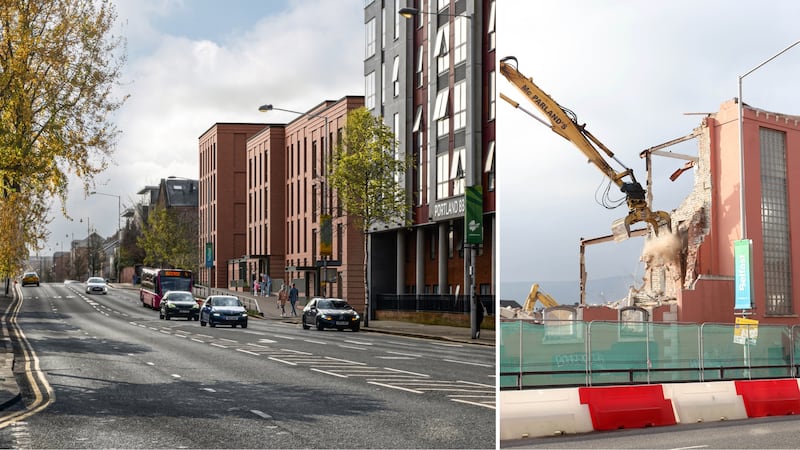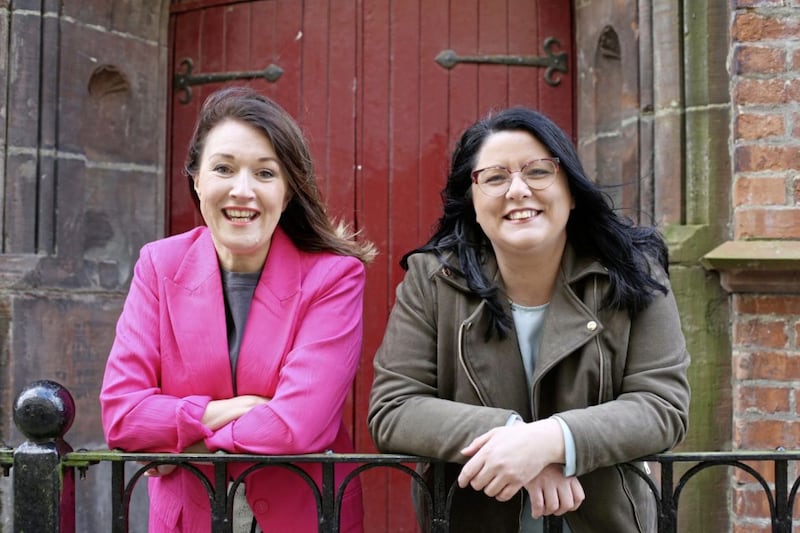WHEN you put two and two together, sometimes you get six. Sometimes though, you end up with a very logical conclusion.
In this vein, two news stories caught my attention over the past few weeks. One was about the impact of the National Living Wage on Northern Ireland’s hospitality sector. The other was about humanoid robots being demonstrated to travel and hospitality industry professionals at a trade event in Berlin.
Robotic barmen at the Duke of York or Crown bars in Belfast might at first seem far-fetched. But then, at one time, so did the idea of planes flying themselves – the reality is that they have doing this for years.
There have been a wholes series of media reports and discussions in the past year about the potential for roles performed by humans to become automated. It seems that many low and semi-skilled jobs are increasingly in danger of being wiped out by the coming robotics age.
A study by Deloitte published last month suggested that 114,000 jobs in the global legal sector are likely to become automated in the next 20 years. It seems that ‘intelligent search’ systems can now outperform junior lawyers and paralegals in reviewing large sets of documents and selecting the most relevant. What will this mean for the offices of large US legal firms in Northern Ireland?
Truck driving appears ever more likely to be consigned to the rear view mirror as driverless vehicles get set to be rolled out. Could bus driving go the same way? Why not?
The BBC even recently had an app to enable you to work out the likelihood of your job being done away with due to automation. It accompanied a story that claimed, based on research by Oxford University, about 35 per cent of current jobs in the UK are at high risk of computerisation over the 20 years ahead. Taxi drivers and factory workers were near the top of the list.
Robots are already working as ‘meeters and greeters’ in shopping centres in Tokyo. And their creator, Toshiba, sees a real role for them in hospitality. A hotel in Ghent, Belgium has actually been welcoming visitors with a robot for the past few months. And the hotel owners claim it has been a real success and a big hit with their guests.
Trials and one-off examples are one thing. But how likely, really, are robots to become a widespread feature of the hospitality and tourism industry?
Some say that it depends where in the world you are. Research suggests some countries are much more open to the idea than others. In Northern Ireland, where we put so much stock on the friendly welcome and ‘craic’ of our people, maybe we’re less likely to go down this route.
But there may well be an economic imperative. As the cost of employing people goes up - and will rise further with the planned increases in the National Living Wage to £9 by 2020 - don’t be surprised if some Northern Ireland businesses in the tourism and hospitality sector do look at replacing some element of the human with automation. Even in pubs.
Mine’s a pint of Guinness barbot!
:: Patrick McAliskey is managing director of Novosco, a Northern Ireland-managed cloud company with offices in Belfast, Dublin and Manchester. It employs over 110 people and works for leading organisations across the UK and Ireland, including many of Northern Ireland’s top companies, UK health trusts, universities and other organisations.







